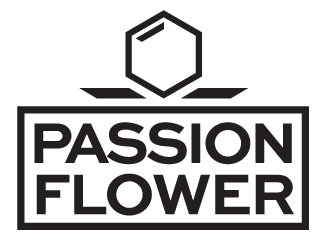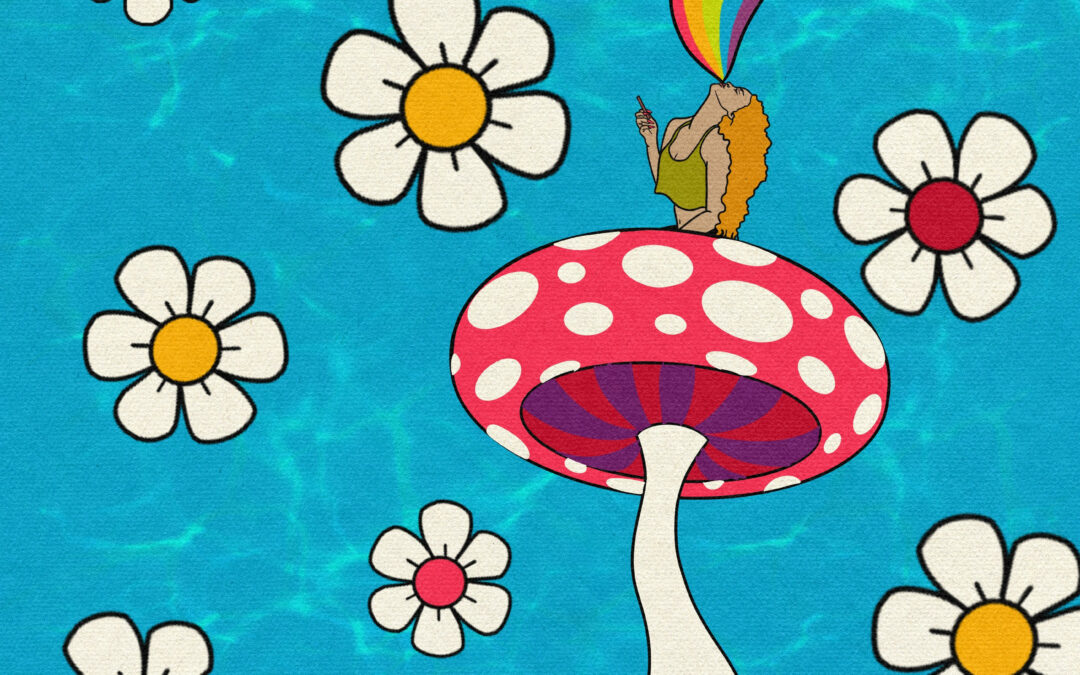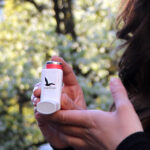Introduction
The landscape of mental health treatments is undergoing a transformative shift with the emergence of psychedelic therapy.
Recent surveys and studies shed light on the growing acceptance of these unconventional approaches to mental well-being. This blog post delves into the intriguing findings and explores how attitudes are changing towards psychedelic therapy.
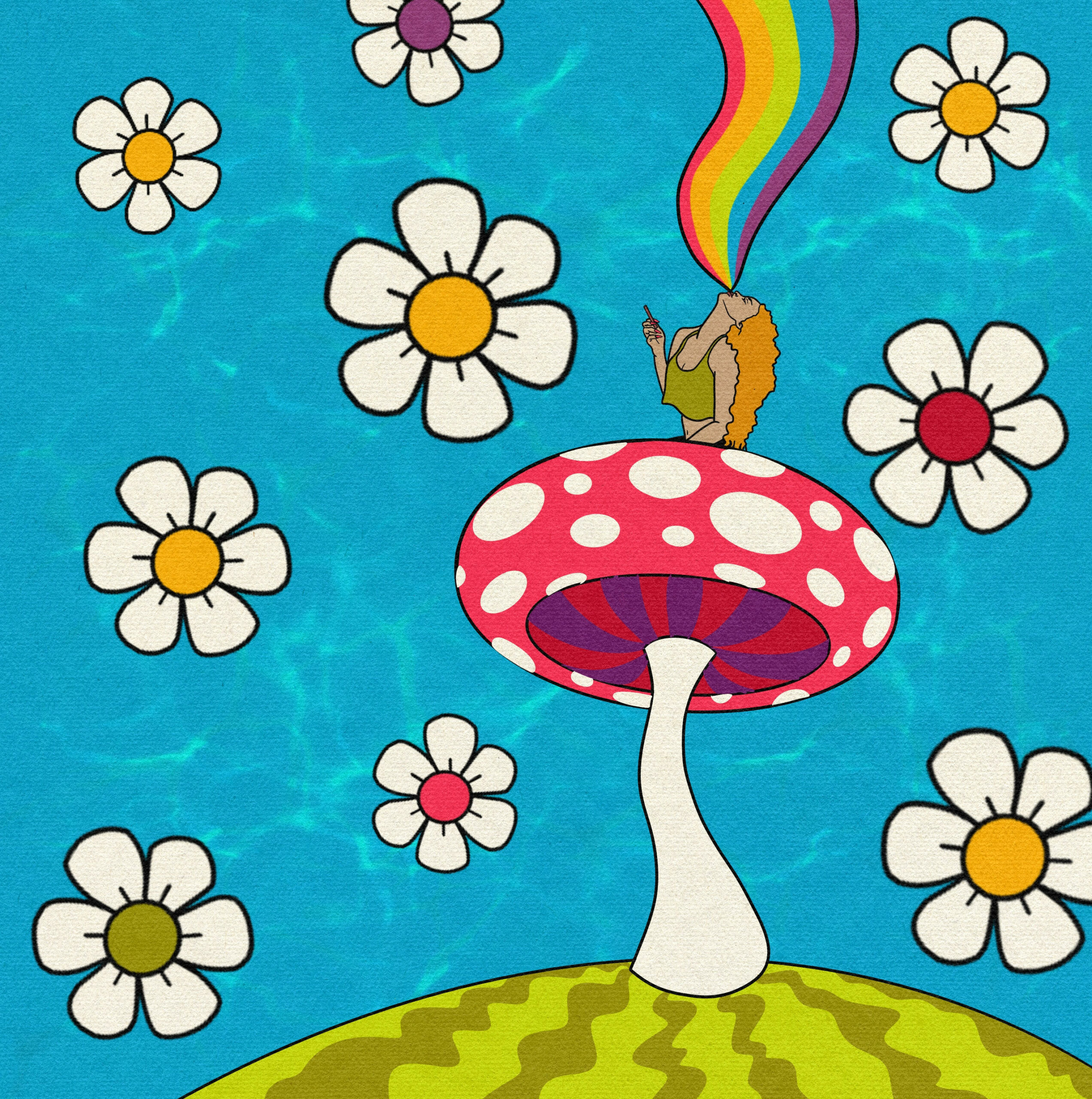
Open-minded to Psychedelic Therapy
A YouGov poll has captured significant attention for its revelations about public attitudes towards psychedelic mental health treatments. Across diverse age groups, including 18-24 year-olds (36%) and 25-49 year-olds (30%), a noteworthy percentage of respondents expressed interest in exploring the therapeutic potential of substances such as psilocybin, ketamine, MDMA, and DMT. Psychedelic Spotlight reported that the poll’s insights reflect a growing curiosity about these treatments.
Age Demographics and Approval of Psychedelics
Beyond psilocybin, the survey found compelling patterns in interest among different age groups. The survey disclosed that individuals aged 18-24 showed a stronger interest in trialing ketamine (27%), while for those aged 25-49, MDMA emerged as the next favored option (26%).
Interestingly, psilocybin garnered interest across all age groups, with even 54-60 year-olds (17%) and individuals aged 65+ (10%) expressing curiosity.
Newfound Acceptance of Psychedelic Therapy
The survey’s outcomes echo a broader trend of increasing acceptance for psychedelic therapy options. A June poll conducted by the University of California, Berkeley Center for the Science of Psychedelics uncovered that a majority of American registered voters (61%) support the regulated therapeutic use of psychedelics. This indicates a transformative shift in public perception regarding these treatments.
Berkeley’s Impact on Psychedelic Reform
Berkeley, California, stands at the forefront of psychedelic reform. This summer, the city approved a groundbreaking measure to decriminalize psilocybin mushrooms and ayahuasca. This move aligns with the broader trend of changing attitudes and regulations surrounding these substances.
The Science Behind Psychedelics: Insights into the Mind
Research into the effects of psychedelics on the brain is burgeoning. A recent study explored how psychedelics activate the Default Mode Network (DMN) of the brain. This network becomes prominent during introspective activities like daydreaming and contemplation.
The study’s findings provide valuable insights into the mechanisms through which these substances influence cognitive processes.
Microdosing and Authenticity
Microdosing, a practice involving minimal amounts of psychedelics, has also attracted attention. A study conducted in May found that microdosing has the potential to enhance state authenticity, influencing mood and satisfaction with daily activities. The study suggests a new avenue for research into the positive effects of microdosing on mental health and well-being.
Parallels Between Psychedelics and Edibles
Both psychedelics and THC edibles can lead to altered perception of sensory experiences. Colors may appear more vibrant, sounds more intense, and senses heightened under the influence of both substances. They may also lead to mood changes, including euphoria and relaxation.
Both substances can induce changes in thought patterns and creative thinking. Users might experience novel ideas, insights, or connections they wouldn’t normally make. Some users of both psychedelics and THC edibles report having spiritual or transcendent experiences. These experiences can be profound and deeply personal.
Of course each individual may experience varying effects of each drug, including but not limited to: time distortion, the potential for anxiety or paranoia, and impaired cognitive function.
Not Ready for Psychedelics?
If you’re not ready to give psychedelic therapy a try, you may get some good results from just trying edibles themselves. If you want to dabble with low doses, we at Passion Flower know just the trick.
Our Nectar Drops come in a 100mg resealable dropper container (which is a lot) but each drop is about 1mg so you have total control over how much you wish to consume. You may add them to a drink or food, or you can even drop them straight on your tongue.
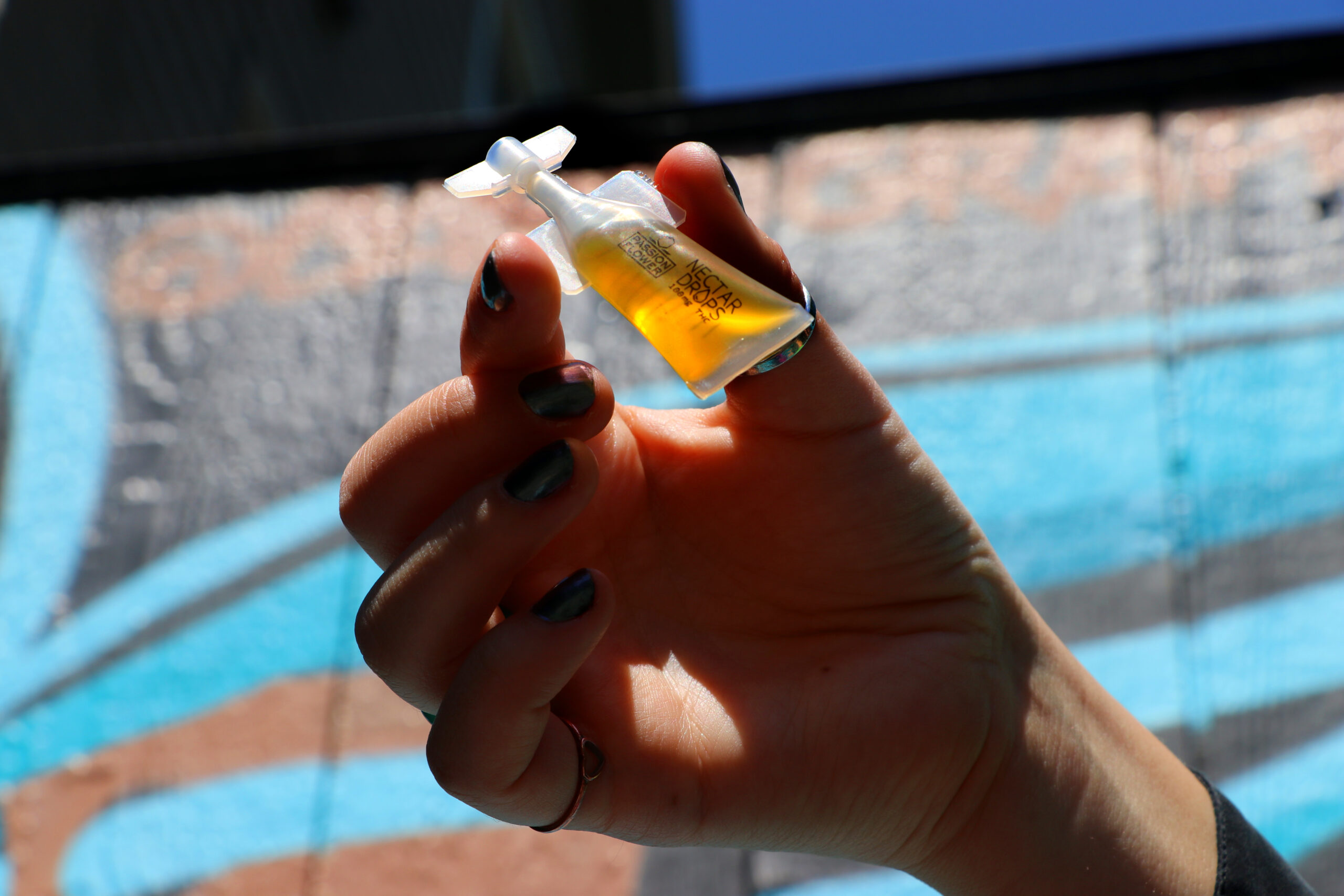
Embracing New Paradigms in Mental Health
As attitudes towards psychedelic therapies evolve, the landscape of mental health treatments is undergoing a seismic shift. With public acceptance on the rise and ongoing research uncovering their potential, psychedelics are poised to play a significant role in shaping the future of mental well-being.
Disclaimer: The information provided in this blog post is for informational purposes only and should not be considered medical advice. Consult a qualified healthcare professional before making any decisions regarding your mental health treatment.
